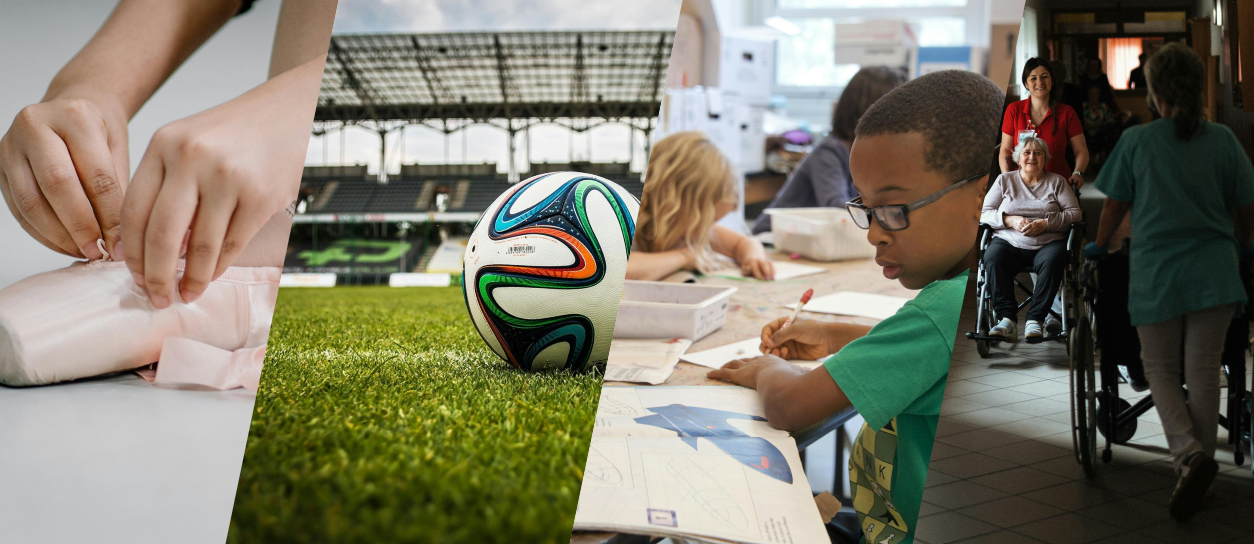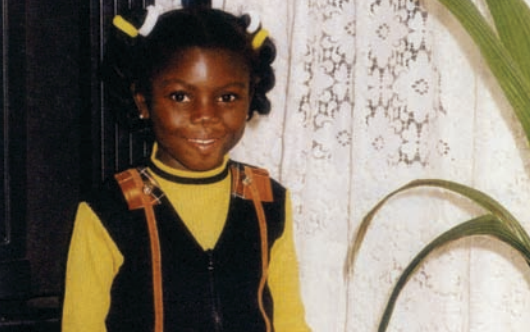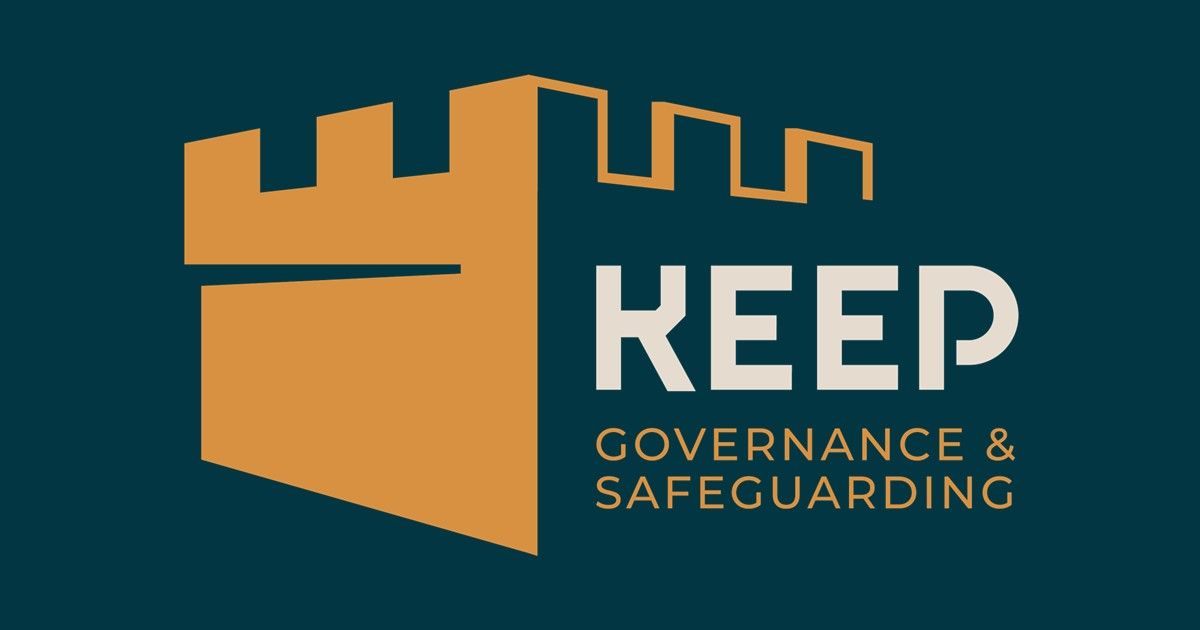The missing piece: Part 1 The Evidence
Board level ownership of safeguarding is key to effective and robust safeguarding arrangements
How many times have we heard reviews into child deaths, or abuse of adults at risk, or abuse in sport, or failings in charities identify a lack of safeguarding ownership Board level ownership of the issue?
Lord Laming identified this requirement in 2003 when he stated in his inquiry into the death of Victoria Climbié:
“I strongly believe that in future, those who occupy senior positions in the public sector must be required to account for any failure to protect vulnerable children from deliberate harm or exploitation. The single most important change in the future must be the drawing of a clear line of accountability, from top to bottom, without doubt or ambiguity about who is responsible at every level for the well-being of vulnerable children.” [a]
He went on to conclude:
“Never again should people in senior positions be free to claim – as they did in this Inquiry – ignorance of what was happening to children. These proposals are designed to ensure that those who manage services for children and families are held personally accountable for the effectiveness of these services, and for the arrangements their organisations put in place to ensure that all children are offered the best protection possible.” [b]
Published in 2019 the Charity Commission’s investigation into safeguarding failings at Oxfam found that the then executive of Oxfam GB mishandled aspects of its response to allegations of misconduct in Haiti in 2011. As a result, the Charity Commission noted that:
“Protecting people and safeguarding responsibilities should be a governance priority for all charities. As part of fulfilling their trustee duties, trustees must take reasonable steps to protect people, who come into contact with their charity, from harm. Protecting people from harm is not an overhead to be minimised, it is a fundamental and integral part of operating as a charity for the public benefit.” [c]
Sheldon’s review of historic child sexual abuse in football published in 2021 recommended that training should be provided to “encourage professional club boards to engage in safeguarding strategy and implementation” [d] noting that the Board of Directors sets the priorities and agenda as well as the culture of the organisation.
These are just three examples, but I could have taken recommendations from the Whyte Review into UK Gymnastics, the review into Women’s football in the US or from the Independent Inquiry into Child Sexual Abuse to name just a few!
The Charity Commission’s wording is particularly helpful, highlighting what I think is the reason why it’s taking so long to crack this issue. Our organisations are complex with competing demands which change over time; rarely are they created specifically to safeguard individuals and safeguarding activity therefore defaults to a lower priority than the service being delivered. Historically, and all too often today, Boards view safeguarding alongside other overheads to be minimised, or responsibilities that can be delegated away from them.
Empowering Boards and Board level safeguarding leads to successfully deliver on their vital (and often statutory) role in ensuring safeguarding practice is effective is the new frontier in ensuring services remain safe for the most vulnerable in our society.
We have seen in recent years the start of company directors being found personally liable for not protecting vulnerable people in their care at the same time that statutory guidance is putting new responsibilities on Boards. So far this has been limited to owners and directors of care homes, but I believe this will extend to other sectors in the coming years and having external support and guidance will help all organisations to strengthen safeguarding practice at all levels.
We’ll explore what Boards need to do in part 2, and you can find out more about how Keep Safeguarding can support your Board on our website.
Sources:
[a] Paragraph 1.27; The Victoria Climbié Inquiry: Report of an Inquiry by Lord Laming, 2003
[b] Paragraph 1.42; The Victoria Climbié Inquiry: Report of an Inquiry by Lord Laming, 2003
[c] Wider Lessons; Inquiry Report: Summary Findings and Conclusions - Oxfam, 2019
[d] Recommendation 4;
Independent Review into Child Sexual Abuse in Football 1970-2005, Clive Sheldon QC, 2021




